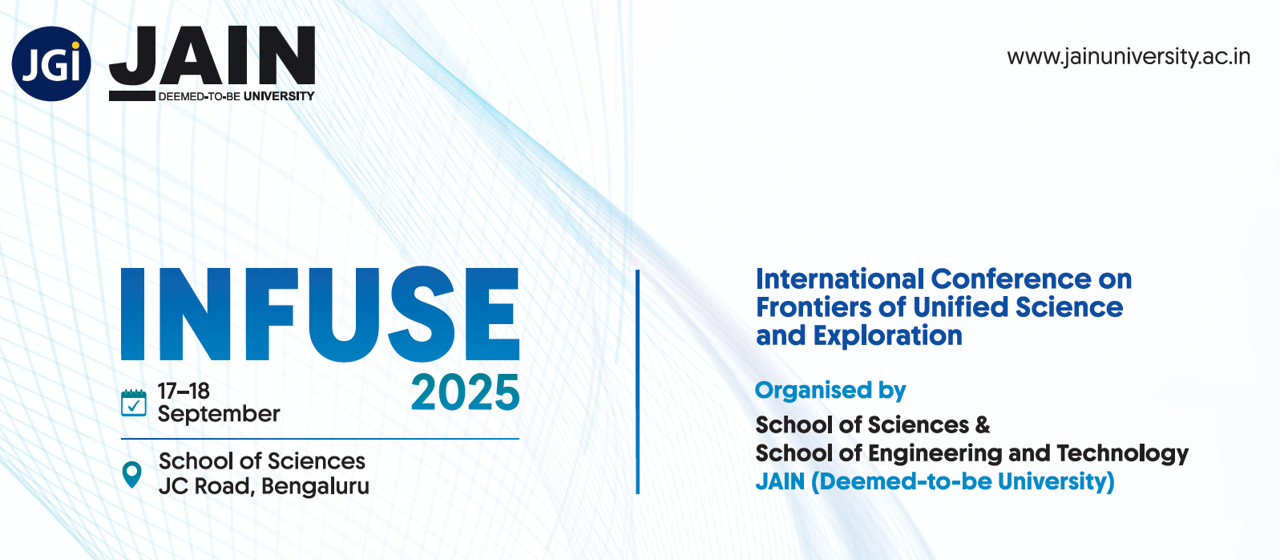Speakers
Description
During developmental changes and cellular stress responses, this regulatory switch between stopping and active elongation enables rapid gene activation. A disruption in this delicate balance may result in aberrant transcriptional pathways that are connected to the emergence of cancer, according to recent studies. The growing knowledge that P-TEFb's catalytic component, CDK9, presents a potential therapeutic intervention option is particularly pertinent. This review covers the molecular mechanisms by which NELF, DSIF, and P-TEFb coordinate the promoter-proximal pause, how these processes change under stress, and the pathological consequences that arise when pause release is dysregulated in malignant environments.

